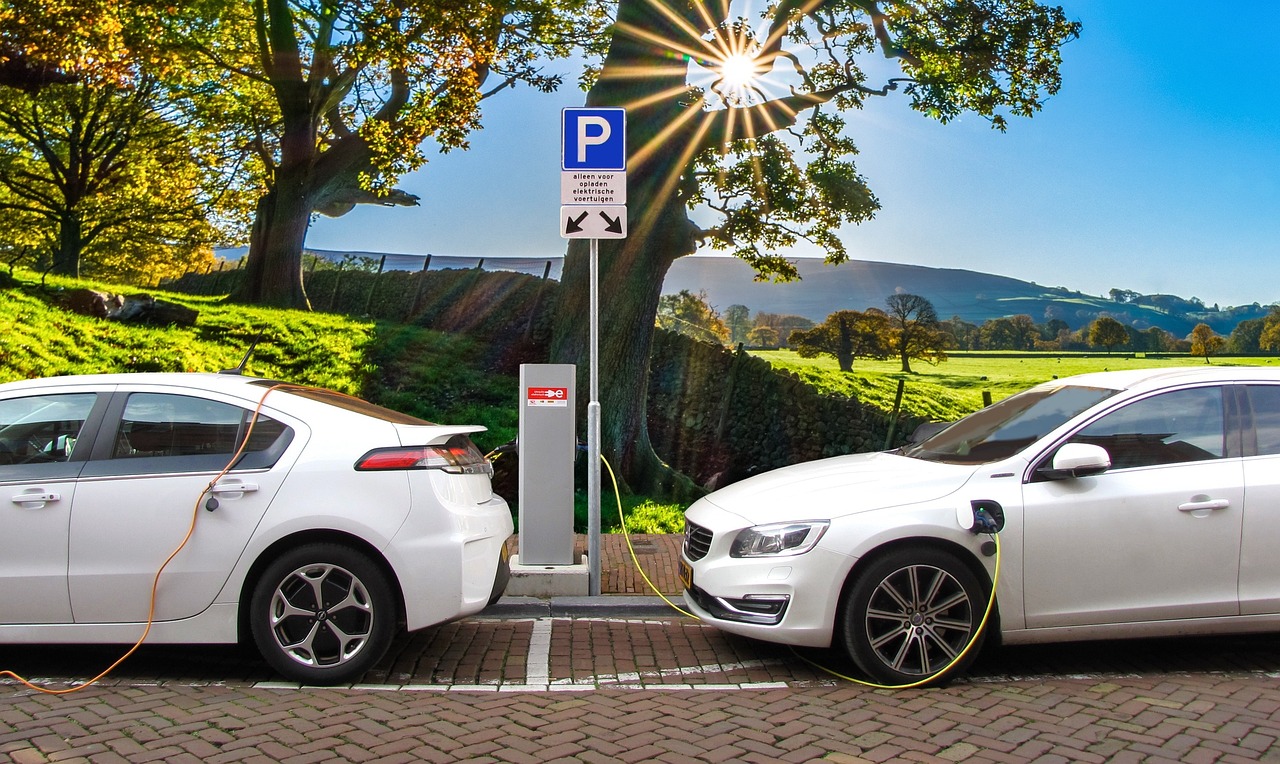Hybrid cars have become increasingly popular in recent years as drivers seek more environmentally friendly and fuel-efficient alternatives. Combining traditional internal combustion engines with electric propulsion, hybrid vehicles offer a unique driving experience. In this comprehensive guide, we explore the pros and cons of hybrid cars to help you make an informed decision when considering the switch to dual-power driving.
Pros of Hybrid Cars
Fuel Efficiency: One of the primary advantages of hybrid cars is their improved fuel efficiency. The electric motor assists the gasoline engine, allowing for better mileage and reduced fuel consumption. This not only saves money at the pump but also contributes to a lower carbon footprint.
Reduced Emissions: Hybrid cars produce fewer emissions compared to traditional gasoline vehicles. The electric motor’s assistance during acceleration and low-speed driving reduces the overall environmental impact, making hybrids a greener option for eco-conscious drivers.
Regenerative Braking: Hybrids feature regenerative braking systems that convert kinetic energy into electric energy during deceleration. This energy is then stored in the battery and used to power the electric motor, further enhancing fuel efficiency and reducing wear on traditional braking systems.
Quiet Operation: Electric motors operate silently, contributing to a quieter driving experience. Hybrid vehicles often switch to electric power at low speeds, reducing noise pollution in urban environments and providing a serene atmosphere inside the cabin.
Government Incentives: Many governments worldwide offer incentives for purchasing hybrid vehicles. These incentives may include tax credits, rebates, or other perks designed to encourage the adoption of environmentally friendly transportation options.
Advanced Technology: Hybrid cars often come equipped with advanced technology features, such as touchscreen displays, smart connectivity, and driver-assistance systems. The integration of technology enhances the overall driving experience and keeps drivers connected on the road.
Cons of Hybrid Cars:
Higher Initial Cost: Hybrid cars typically have a higher upfront cost compared to traditional gasoline vehicles. While the price gap has been narrowing, the initial investment may still be a deterrent for some potential buyers.
Limited All-Electric Range: Unlike fully electric vehicles, hybrid cars have a limited all-electric range. They rely on the gasoline engine for longer trips, which may reduce the overall environmental benefits in certain driving scenarios.
Battery Degradation: Over time, the performance of hybrid batteries may degrade, affecting both fuel efficiency and the electric-only driving range. Replacement batteries can be expensive, although advancements in battery technology are addressing this concern.
Reduced Trunk Space: The placement of batteries in hybrid vehicles can impact trunk space. In some models, the battery takes up part of the storage area, limiting cargo capacity compared to traditional vehicles.
Maintenance Complexity: Hybrid cars have both gasoline engines and electric components, leading to increased complexity in terms of maintenance and repairs. Specialized knowledge and equipment may be required, potentially leading to higher servicing costs.
Charging Infrastructure: While hybrid cars don’t rely solely on charging infrastructure like fully electric vehicles, having access to charging stations for plug-in hybrids can enhance the overall driving experience. In some regions, however, charging infrastructure may still be limited.
Conclusion: Finding the Right Balance
Hybrid cars represent a technological bridge between traditional internal combustion engines and fully electric vehicles. Understanding the pros and cons allows consumers to make informed decisions based on their driving habits, environmental considerations, and budget constraints. As advancements in hybrid technology continue, the automotive industry is on a path towards more sustainable and efficient transportation solutions.

